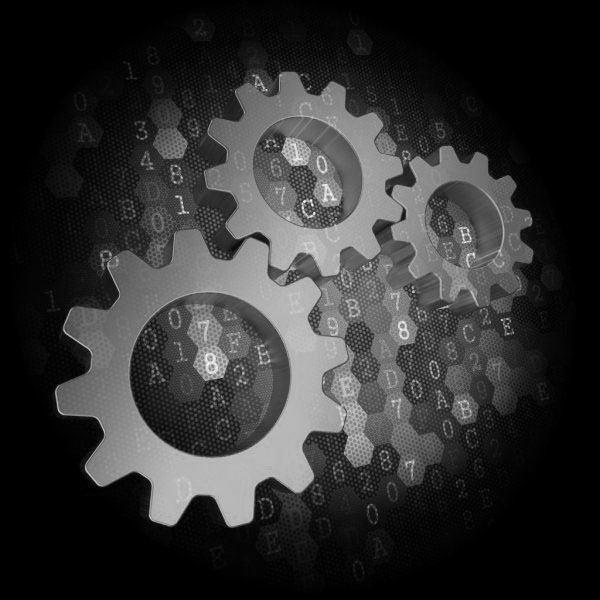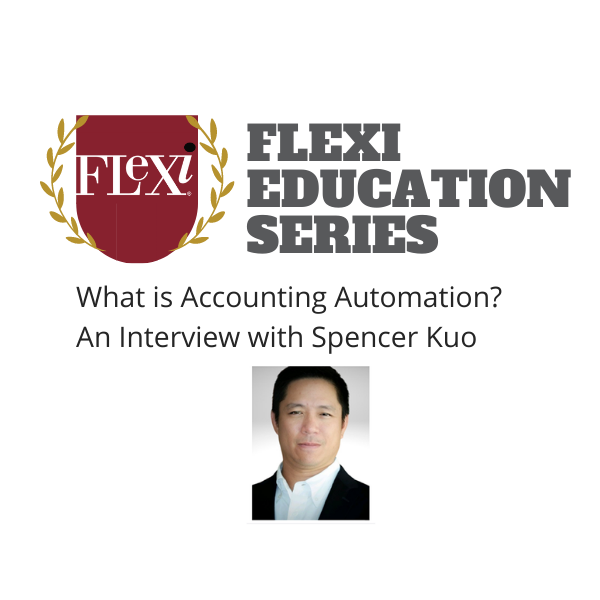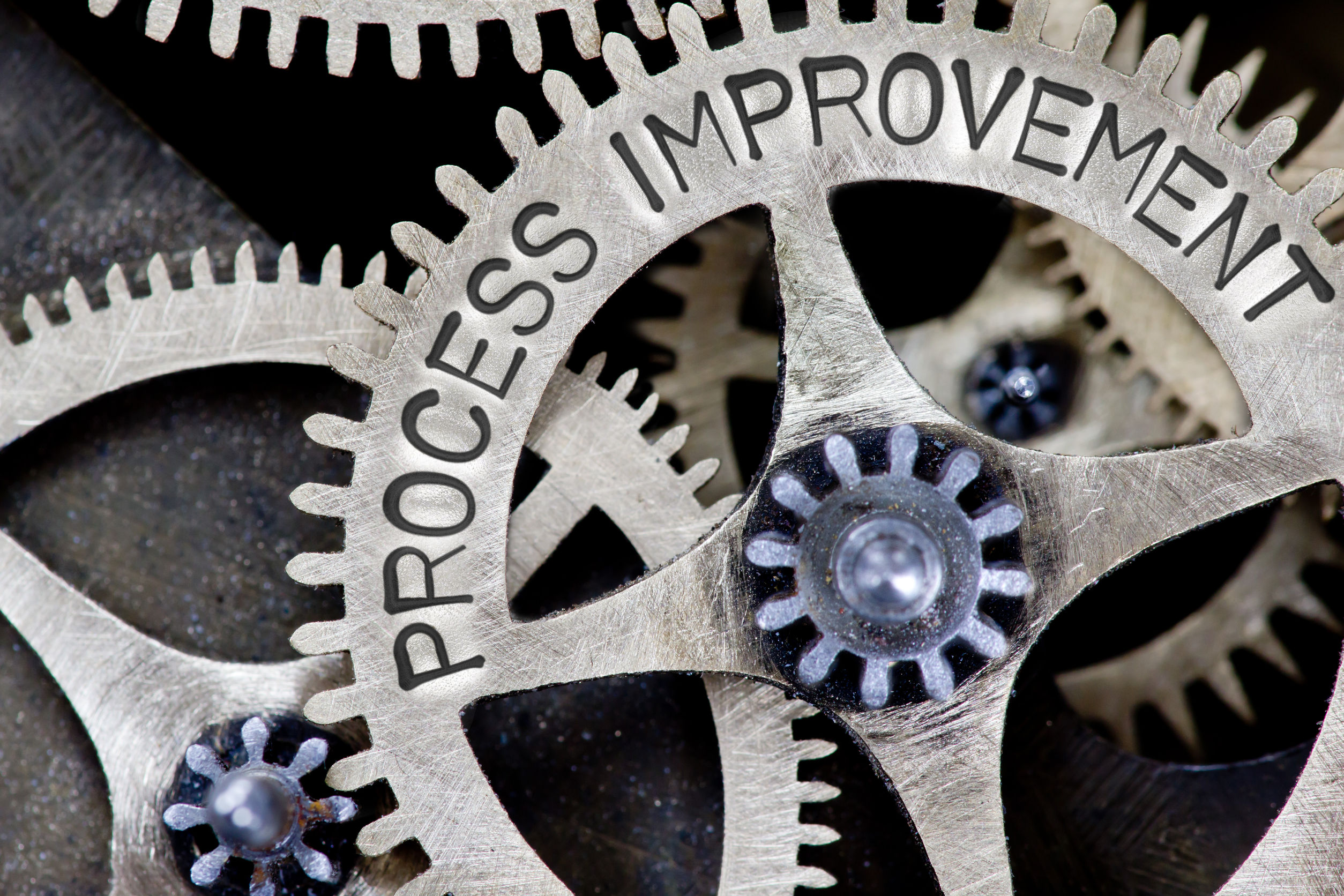Attention accountants. Just because you have an affinity towards numbers, you breezed through all your accounting classes and your books are always perfectly balanced, does not mean that your days of learning and adapting are over. In fact, for accountants to succeed currently, they are going to need to bring a bit more to the table than just an appetite.
In a recent eBook by Flexi Software on accounting automation in the insurance industry, the desire to hire more well-rounded and future-ready accountants appears to be on everyone’s radar to a certain extent. This does not necessarily mean automating everything and doing away with accountants or hiring fewer accountants. What it does mean is hiring accountants who are armed with more than just an ability to maintain the books. Accounting and finance leaders now need an accountancy that is fluid in nature, robust in skillsets and agile enough to scale
With no thanks to the pandemic, but certainly acknowledging its impact, we all have been forced to adapt to new ways of working, learning, and living. In turn, this historic and catastrophic event has also propelled the accounting profession towards unprecedented opportunities for accountants to becoming more of a valued change agent and strategic consultant and less of the antiquated notion of what an accountant “used” to be. Let’s be clear though – the accounting profession was already undergoing a digital transformation. The pandemic merely accelerated the timeline.
However, with these opportunities come some unique and very real challenges; some of which have been swirling around the profession for decades, while others have only just recently bubbled up to the surface. Case in point: accounting automation. The reality is that technology is undoubtedly driving change in accountancy practices, and accounting automation is leading the charge. For example, consider Robotic Process Automation, or RPA. According to research firm Gartner, RPA could save finance teams 25,000 hours of avoidable rework from human errors, at a cost savings of $878,000.
The challenges for those at the forefront, though, are numerous and, in some cases steep, if not daunting.
As the Flexi eBook revealed, the increased productivity, as well as the time-saving aspect of automation, are just two of the main benefits of adopting some type of automation into the accounting mix. However, getting “there” still appears to be a primary challenge for a lot of organizations, particularly in the insurance industry. From deciding what accounting software should be employed, to determining what manual processes need to be, or can be, automated, none of these decisions happens in a vacuum. In fact, a 2020 global survey of business leaders from a fairly wide swath of industries conducted by McKinsey found that nearly 66% of respondents were piloting solutions to automate at least one business process, which was up nearly 10% from two years earlier. The bottom line was more companies were pursuing automation initiatives year over year.
However, there are still quite a few companies who are currently struggling with not only the destination aspect of automation, but also the journey itself. A lot of companies know exactly what they want to automate but finding the right technology partner who understands exactly what is needed for their organization can be somewhat challenging. Conversely, a lot of companies are ripe for automation but have no idea how to begin, and therefore will just continue to put it off until sometime in the future when the “timing is right.” Thus, the percentage of companies that have fully automated at least one function from the McKinsey survey is not as great as one might assume. It has grown more modestly, from 29% in 2018 to 31% in 2020.
In addition, a lack of accounting automation is now also impacting a company’s ability to attract and retain talent. As such, finance and accounting leaders, particularly in the insurance industry, are not only stuck with a current workforce who are fearful of losing their jobs to automation, but also challenged with hiring a future workforce that expects to have certain aspects of their job automated. A Catch-22 for sure. Factor in the desire to hire people who have more of a diverse skillset that is geared more towards an analytical and forward thinking nature, and not just bookkeeping, and the challenge becomes more real and pressing by the day.
The new world reality is this: tech-comfortable accountants that are capable of confidently making strategic decisions that can make or save a company a lot of money can now pick and choose where and who they want to work for.
As all the participants in the Flexi eBook have revealed to various degrees, prioritizing automation offers many different shades of the same color, and yet it is no less important for all of them in terms of working towards the same goal of enabling and achieving success, as hiring top-flight talent. If anything, successful organizations in the insurance space continue to focus on training-up current accounting staffs, as well as trying to hire the best and the brightest. In addition, the focus on newer technologies is not abating anytime soon either. Introducing new ways of empowering and leveraging those staffs to work alongside new technologies is critical to current and future success as well.
In closing, a common thread across all respondents in the Flexi eBook was that accounting automation was indeed a strategic priority. However, the renewed focus on hiring and developing people that can bring a diverse set of skills to the accounting function appears to be just as critical to the success of the organization, as does technologies such as AI, machine learning and, of course, automation. If companies can factor in developing an operating model that enables scaling, along with balancing the intense pressure to meet stakeholder expectations, enjoying a competitive advantage for years to come will no longer be a pipedream.






